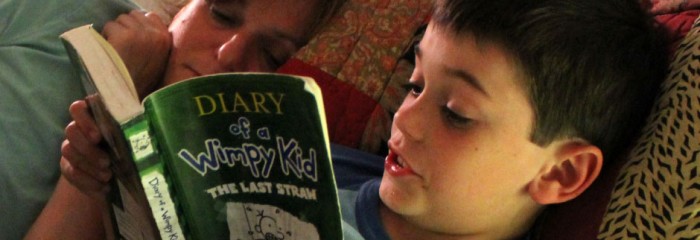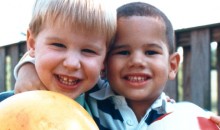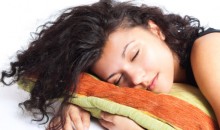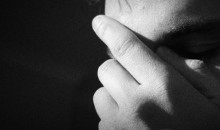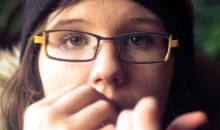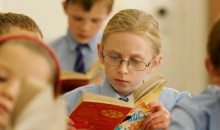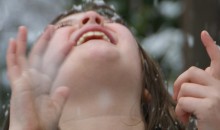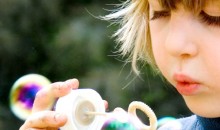According to the Centers for Disease Control and Prevention, the percentage of children diagnosed with Attention Deficit Hyperactivity Disorder rose to 22% from 2003 to 2007. On a yearly basis, ADHD diagnoses registered a 3% increase each year from 1997 to 2006 and from 2003 to 2007, the average increased to 5.5% per year for the specific period.
Researchers say that a lot of children are diagnosed with ADHD when they should have been examined for sleep apnea a sleep disorder. Such confusion may be attributed to the many cases of ADHD diagnosed children. The result of such confusion is an aggravated problem due to the drug treatment recommended for those children.
The idea may have stemmed from the fact that the signs of sleep disorder overlap with ADHD symptoms. In adults, sleep deprivation could result to sluggish feelings and drowsiness while in children, sleep disorder can cause them to be moody, wired and obstinate aside from having difficulty in concentrating, getting along with friends or sitting still.
A study published in Pediatrics journal in March 2012, which connects sleep deprivation to ADHD symptoms. In said study, 11,000 British children were followed and observed for 6 years which started when the children were 6 months old. Children who snore when they sleep, or do mouth breathing or have apnea, will be 40% to 100% in the likelihood of developing ADHD-like behavioral symptoms than children who breathe normally. Also, children who had sleep disorder breathing that persisted throughout the study and most severe at age 2 1/2, are at higher risk of having ADHD-like behaviors.
Most parents do not know the signs of abnormal sleep behaviors; for instance, sleep apnea may considered as a sign of deep sleep by some parents. The parents need to be educated about the signs of abnormal sleep behaviors. The mental health providers need to explore more about abnormal sleep behaviors before giving the diagnosis of ADHD.
It is not easy to spot sleep deprivation signs in children. Parents have uniformed knowledge or impression about healthy habits of sleeping. This was highlighted in a study conducted in 2011 by Penn State University-Harrisburg researchers which was published in The Journal of Sleep Research which showed that out f 170 parents who participated in the study, less than 10% were able to correctly answer basic questions about healthy sleeping concerns.
Kimberly Anne Schreck, the study’s lead author and a Penn State behavioral analyst and psychologist noted that majority of the parents were clueless about what is normal sleep behavior and many parents thought that snoring means that their child was in deep and sound sleep.
http://well.blogs.nytimes.com/2012/04/16/attention-problems-may-be-sleep-related/

